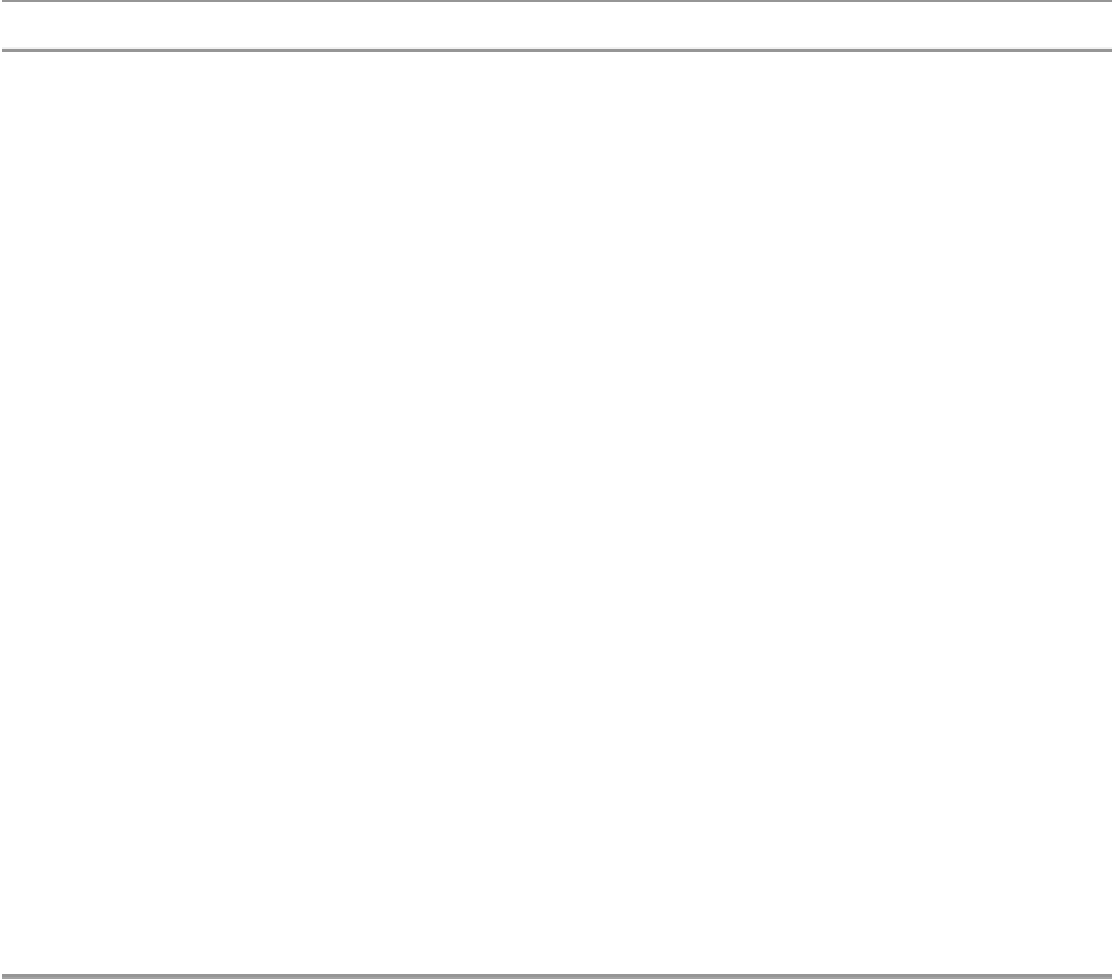Hardware Reference
In-Depth Information
TLimit
5
FindSqr(xval); // call FIndSqr() to find the limit for test divide
for (ptest
5
2; ptest
,5
TLimit; ptest
11
){
if ((xval % ptest)
55
0) // is remainder zero?
return 0;
}
return 1;
}
▲
Example 5.6
▼
Write a program to find out the number of prime numbers between 100 and 1000.
Solution:
One can find the number of prime numbers between 100 and 1000 by calling the
function written in Example 5.5.
#include “c:\cwHCS12\include\hcs12.h”
unsigned long int FindSqr (unsigned long int xval);
unsigned int PrimeTest(unsigned long int xval);
unsigned int prime_count;
void main(void) {
unsigned long int i;
prime_count
5
0;
for (i
5
100; i
,5
1000; i
11
) {
if (PrimeTest(i))
prime_count
11
;
}
while(1);
}
unsigned int PrimeTest(unsigned long int xval)
{
unsigned long int TLimit;
unsigned int ptest;
if (xval
5
1)
return 0;
TLimit
5
FindSqr(xval);
for (ptest
5
2; ptest
,5
TLimit; ptest
11
){
if ((xval % ptest)
55
0)
return 0;
}
return 1;
}
// include FindSqr() function here
This program consists of three functions. It is very common for a C program to consist of
many functions. Functions of the same nature can be placed in the same file and be reused.
▲
A function cannot be called before it has been defined. This dilemma is solved by using the
function prototype statement. The syntax for a function prototype statement is
return_type function_name (declarations of arguments);

Search WWH ::

Custom Search